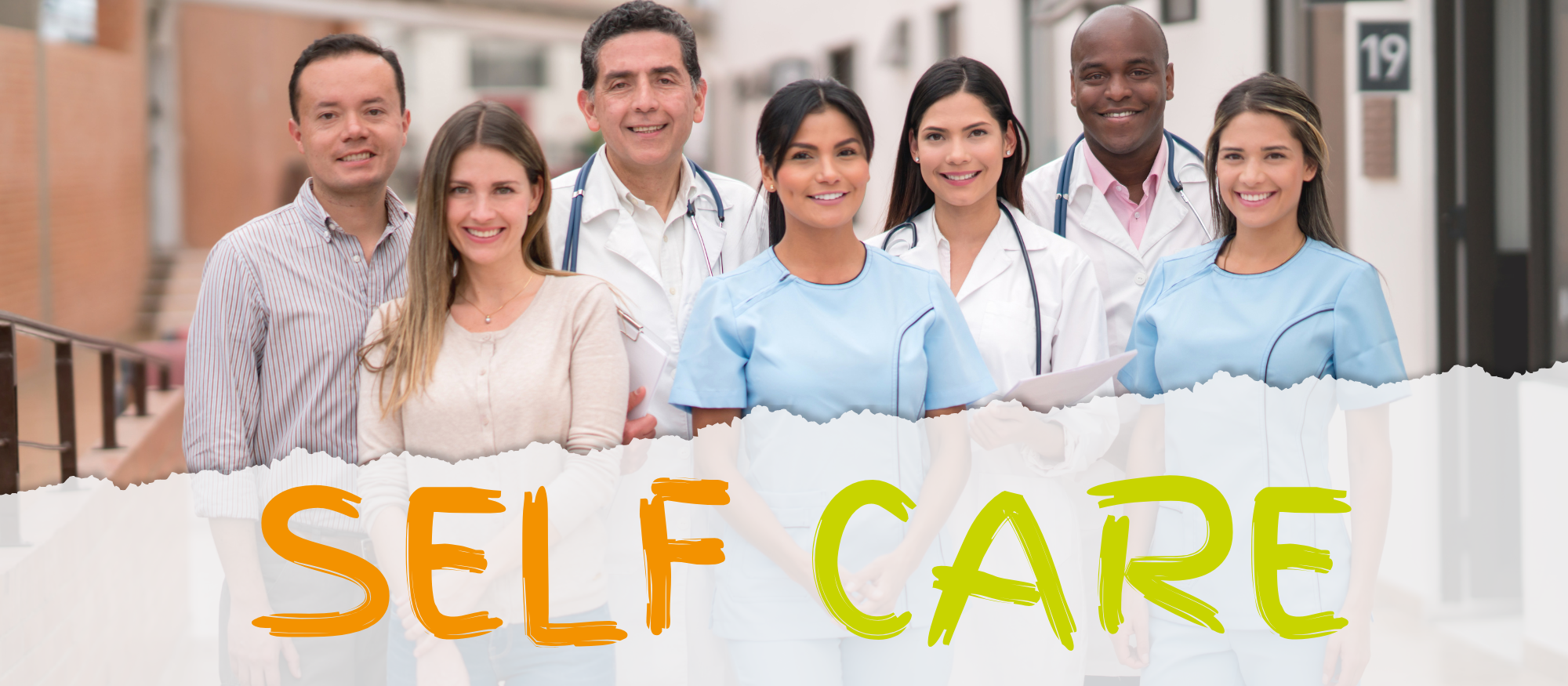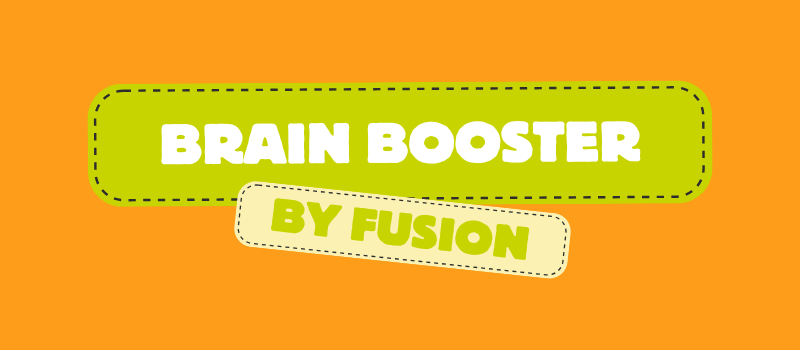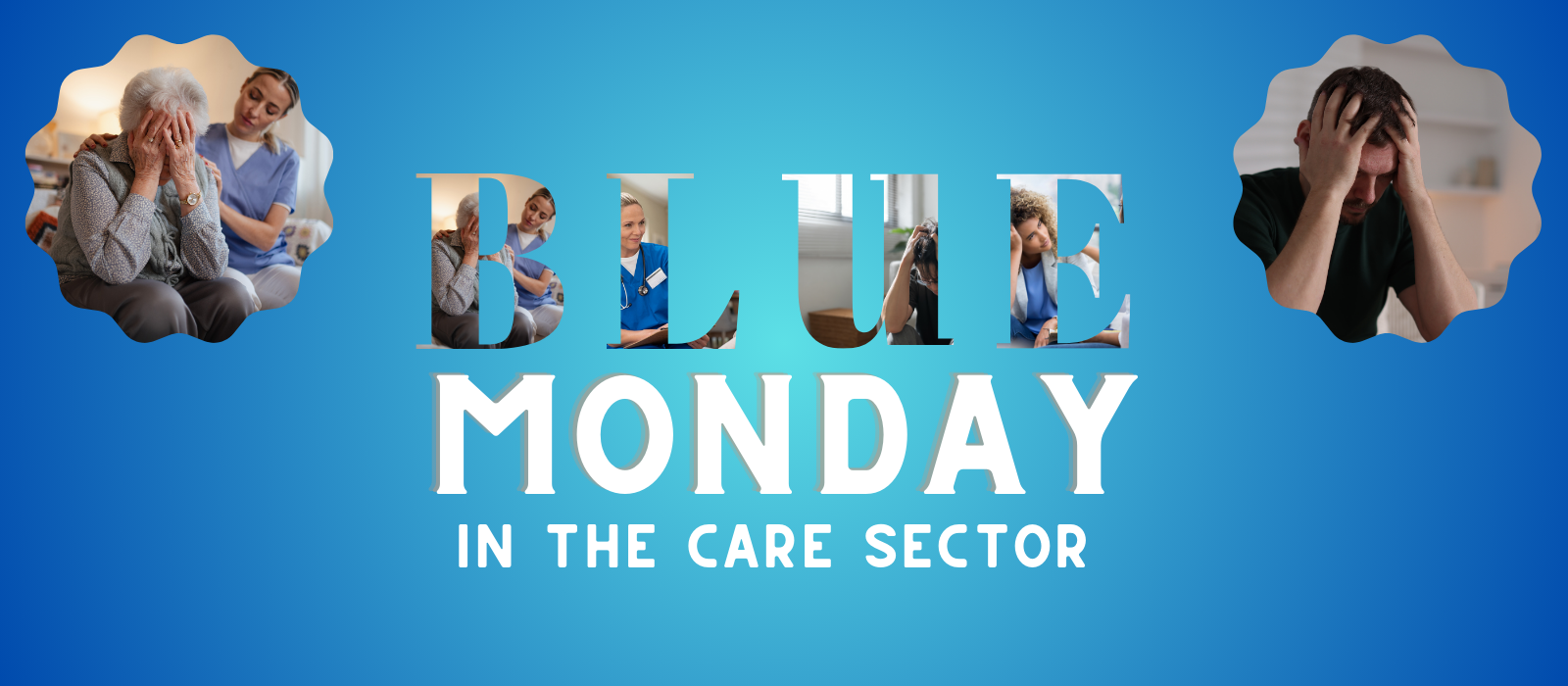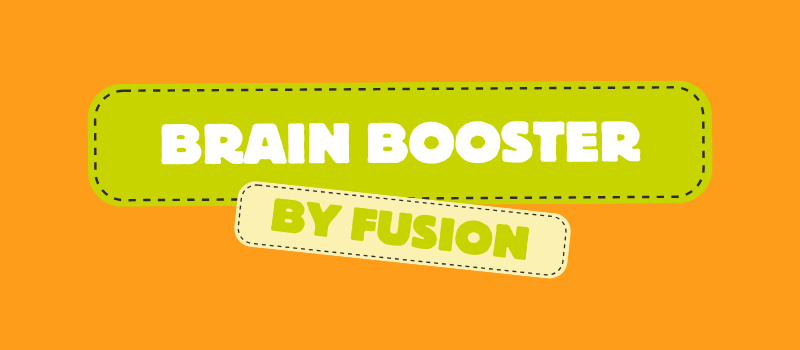Self-Help for Care Staff: Recharging the Caregiver Within
- 29 Jul 2025
- News
Self-Help for Care Staff: Recharging the Caregiver Within
As a care professional, your days are often spent focussing on the needs of others - patients, residents, clients, families. You do this with compassion, patience, and strength, even when you might be running on empty. But who’s caring for you?
In the midst of long shifts, emotional demands, and often underappreciated work, self-help is not a luxury - it’s a necessity. Prioritising your own well-being is not selfish; it’s the fuel that allows you to keep giving your best to others.
What Self-Help Means for Care Staff
For care staff, self-help isn’t about adding more to an already busy schedule. It’s about finding small, meaningful ways to restore your energy, protect your mental health, and reconnect with your purpose.
Some examples which could be tailored for your life and work might include:
• Taking 5-minute breathing breaks between tasks
• Reflecting about a difficult or meaningful moment from your shift, either on your own or with colleagues
• Setting boundaries with your time and energy, even outside of work
• Listening to calming or uplifting podcasts or music on your commute
• Saying “no” without guilt when you’re overwhelmed
• Gathering for a debrief after a difficult or emotional event
Why It’s Especially Important in the Care Sector
1. Emotional Burnout Is Real
Compassion fatigue and burnout are common in caregiving roles. Without tools to process your own emotions, you risk becoming depleted and disconnected from the very work you once found fulfilling.
2. You Deserve the Same Care You Give
The care you provide to others is invaluable. But your needs matter too. Practicing self-help is a way of saying: “I am worthy of care, just like the people I support.”
3. Better You = Better Care
When you are rested, centred, and emotionally strong, it directly benefits those you care for. Self-help isn't separate from your role - it's part of doing it well.
Simple Self-Help Practices for Care Staff
Even on busy days, small actions can make a big impact. Try some of these:
• Shift Check-In: Before or after each shift, take 60 seconds to ask yourself: How am I feeling? What do I need today?
• The “One Good Thing” Rule: Each day, write down one positive moment from work, no matter how small. This builds resilience and gratitude and can help reinforce your commitment when you look back on them.
• Micro-Moments of Calm: Whether it's a walk during break, deep breaths before starting documentation, or a mindful cup of tea - pause when you can.
• Healthy Detachment: It’s okay to care deeply and protect your peace. Practice mentally leaving work at work when possible.
• Talk It Out: Share your experiences with trusted colleagues, friends. There are professional counsellors if you feel you need more support. Whatever it is, you don’t have to carry it all alone.
Final Thoughts: Caring Starts with You
Final Thoughts: Caring Starts With You
To everyone working in care - nurses, support workers, caregivers, health care assistants, and beyond - you are the backbone of healing and dignity. But even the strongest caregivers need care.
So let this be your reminder: You are not just a care provider - you are a person who matters. Your needs, your mental health, your dreams - they all count.
Self-help isn’t something extra to do when you have time. It’s a quiet revolution, one breath and one boundary at a time, to keep your light from burning out.
Because the world needs caregivers - but most of all, because you need you.
👉 Explore Support for Frontline Healthcare Workers:
👉 Check out our Mindful Moments resources on Well-being Tips for Health and Social Care Professionals:
https://www.fusioncare.co.uk/blogSingle?blog_id=30





